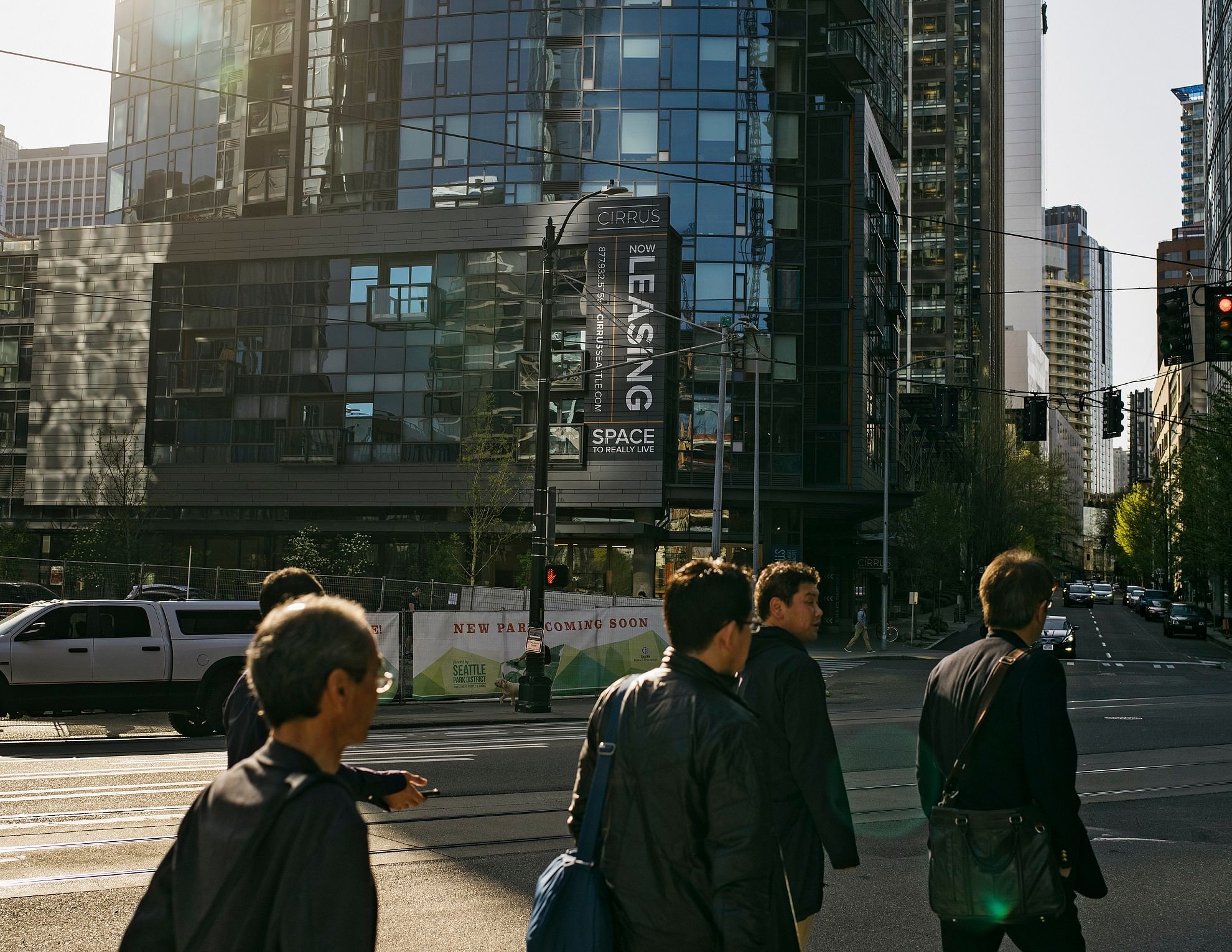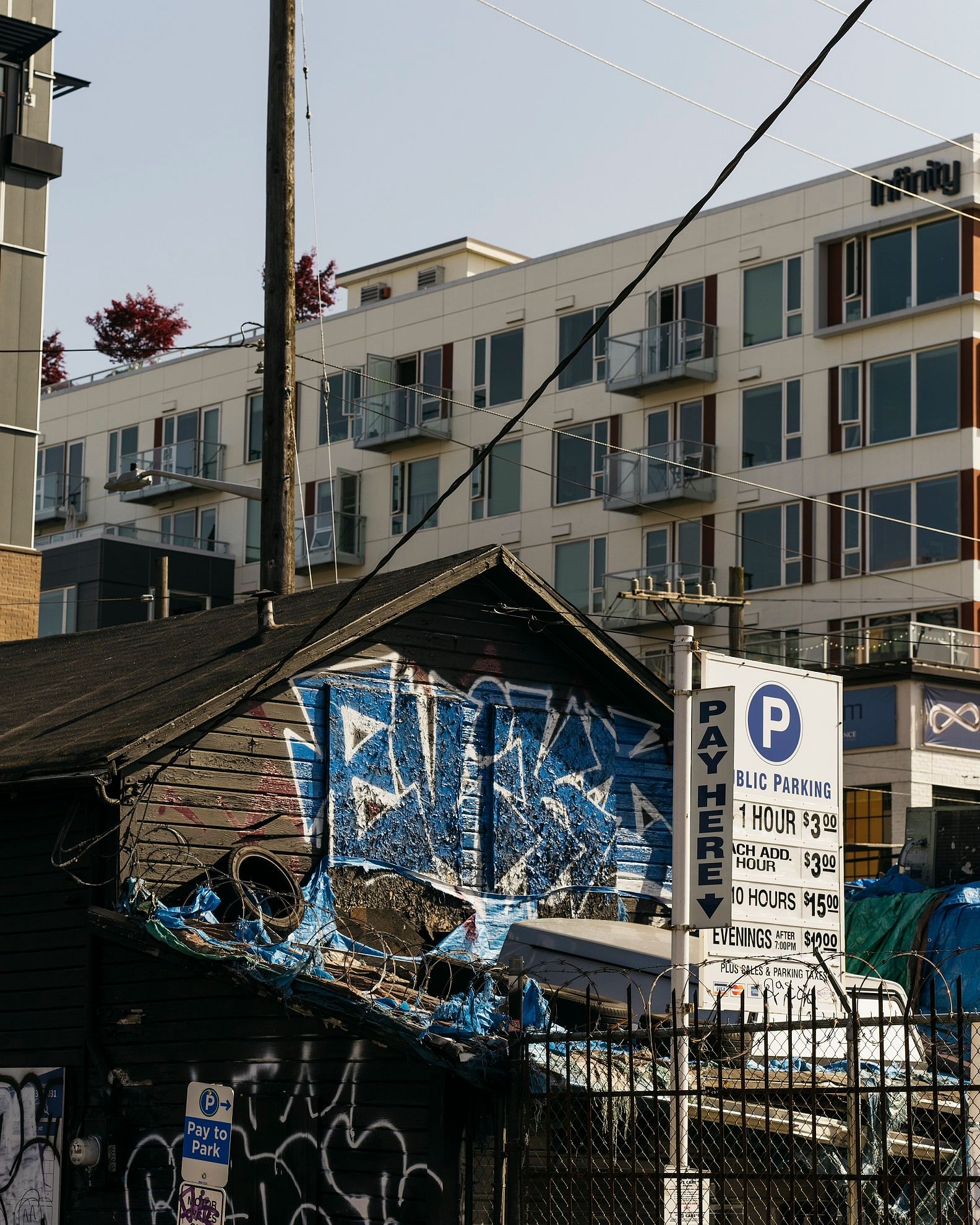SEATTLE (NYTIMES) - When 10 representatives from Amazon visited the Denver area in late January, they did what you would expect from a company scouting for a place to put its second headquarters. They toured more than a half-dozen potential sites for a new campus and talked about the technical talent available in the area.
But they also did something that surprised local officials: Quiz them on how, if Amazon chooses to settle there, the company could avoid the problems it confronts in Seattle, the only hometown it has ever known.
If Amazon moves in, bringing up to 50,000 high-paying jobs to town over time, how would the officials deal with traffic on its roads? And how would the company's tax dollars contribute to the creation of affordable housing in the region?
"I think they feel in Seattle they're the scapegoat every time there's an issue in the community and traffic," said Sam Bailey, vice president of economic development at the Metro Denver Economic Development Corp., which is managing the area's bid for Amazon's second headquarters.
Amazon's search for a second headquarters has been a pageant of finalist cities doing everything they can to woo the company and the good jobs and huge construction projects it would bring. The most controversial part of the process has been the big tax incentives some state and local governments have offered Amazon, seen by critics as ineffective corporate giveaways.
Amazon wrapped up its visits in mid-April to all 20 finalist locations for its HQ2, as Amazon calls its second headquarters. The company is following up with the cities, from Los Angeles to Indianapolis to Toronto, seeking further information as it narrows its search.
The company has a long wish list, including plentiful flights at local airports, a stable, business-friendly government and nearby recreational opportunities for employees.

But local officials did not anticipate Amazon's interest in how to tackle some of the troubles that have turned it into a polarising symbol of Seattle's booming economy.
The e-commerce giant is celebrated by many in Seattle for being the city's biggest employer and adding tremendous wealth to the area. But it is villainised by others for bringing too much change, too quickly.
In Denver, Amazon and local officials talked at length about public transit options and the creation of bike lanes, Bailey said. They even discussed the possibility of Amazon financing a new light-rail station for its system, though no commitments were made, he said.
In Atlanta, the company spoke to a representative of the Westside Future Fund, a non-profit working to prevent displacement in an area being redeveloped. The fund will pay for the increases in property taxes for residents who have lived in the area since at least 2016 so they are not priced out of their homes.
In Amazon's visit to Toronto, the company discussed its potential effect on the labour market and the affordability of housing, said Ed Clark, business adviser to Kathleen Wynne, premier of Ontario province.
"We're all concerned about what could be gentrification or displacement, how do we deal with that," said Aisha Glover, president and chief executive of the Newark Community Economic Development Corp., which is involved in the New Jersey city's bid.

Adam Sedo, a spokesman for Amazon, confirmed that public transport and housing affordability were important topics in conversations with the finalist locations but declined to elaborate further.
The company employs about 45,000 people in Seattle, spread out among more than 30 buildings near the downtown area. Despite a construction frenzy, building of new homes has not kept up with demand, leading to soaring housing costs in Seattle, where rents are now close to those in Boston and New York and home prices are growing faster than those in any other large city.
While Amazon is not the only reason for all the change, it has become the most convenient target for groups worried about home prices and paralysing traffic.
"There was clearly a sensitivity both to the real and to the perceived impact when they come in to a place," Clark said, referring to Amazon's discussions in Toronto.
The company says it has given US$40 million (S$52.9 million) for affordable housing projects in Seattle. In a new office building it is constructing, Amazon has agreed to give a rent-free space to a homeless shelter for families. The company says its employees are big users of public transportation, with 17 per cent of its local employees living in the same zip code in which they work.

"The pace of change has been so fast and housing supply has not kept up and the transit system has not kept up," said Alan Durning, executive director of Sightline Institute, a non-profit research group in Seattle focused on sustainability. "There's a visceral public reaction to the whole rapid pace of change in the city symbolised by, and perhaps blamed too much on, Amazon."
In May, Seattle's City Council plans to vote on a tax - dubbed the "Amazon Tax" by locals - on the city's largest employers. The tax is expected to raise US$75 million annually, with most of the money being funneled into building affordable housing. The remainder will go to support services for the homeless.
This month, supporters of the plan staged a rally in front of Amazon's glass spheres in Seattle holding signs that read "Tax Amazon" and "Tax Bezos," referring to the company's chief executive, Jeff Bezos.
Asked why Amazon was discussing affordable housing with officials of the finalist cities for its second headquarters, Kshama Sawant, a socialist member of the Seattle City Council, said it was because of what's happening in the company's hometown.
"It's because they're getting massive pushback from ordinary people in Seattle," Sawant said.
Growing cities with thriving local tech scenes are already grappling with affordable housing challenges, even without Amazon. Clark, the adviser involved in Toronto's bid, said it helps that Amazon is not ducking the problem.
"To have someone coming in and worried about this issue and wanting to work with you to solve the issue is a big plus," he said.

